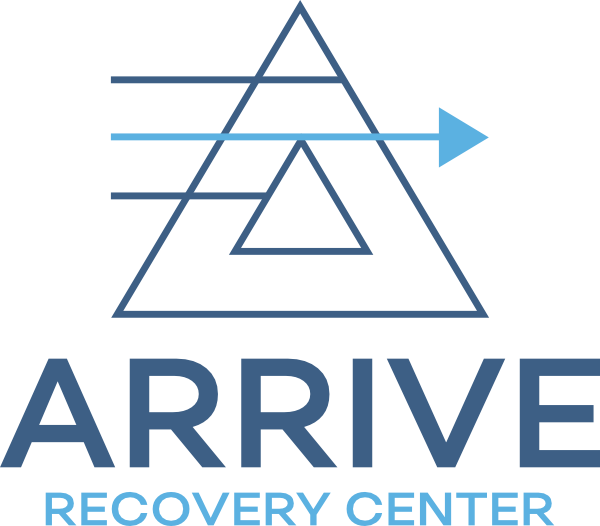Los Angeles IOP: What Is an IOP and Is It Right for You?
Around 46.3 million people over 12 years old struggle with substance use disorder. That makes up around 16% of the U.S. population, indicating that people all over the country need help. In a city as large as Los Angeles, there are bound to be people looking for help. People recovering from addiction can sign up for a Los Angeles intensive outpatient program (IOP).
This is a kind of treatment program that requires people spend hours per day going through treatment. It also helps ensure that by the end of treatment, they are sober and looking forward to the rest of their lives.
Keep reading below to learn more about intensive outpatient programs and whether they’re right for you.
What Is an Intensive Outpatient Program?
Patients often confuse intensive outpatient programs with other kinds of therapy. The strategies that healthcare workers use can resemble other kinds of treatments. But the outcomes speak for themselves.
Patients in intensive outpatient programs spend much of their days speaking with therapists. They can spend upwards of five hours speaking with them. At the start of the program, this is usually done one-on-one.
Later, therapists introduce patients to groups of people undergoing the same kind of treatment. These group therapy sessions give patients a chance to explore some of the underlying feelings that lead to addiction.
Of course, a therapist may decide that group therapy may not work for a patient. They may recommend other approaches to help someone recover from addiction.
Either way, expect to spend hours a day going through addiction recovery treatments. It’s what makes an intensive outpatient program so intensive.
Learn more about Arrive Recovery Center’s IOP in Thousand Oaks, CA, just outside the hustle and bustle of Los Angeles.
Outpatient Programs Require Commitment
Unlike many other kinds of treatment programs, outpatient programs require extensive commitment. Patients cannot sign up for a program and then avoid therapy sessions. They must show up and dedicate huge chunks of their days trying to recover.
By spending so much of their time in therapy, there is less chance for them to use drugs or alcohol during the day. After therapy, there is also less chance for some to relapse. Patients are incentivized to maintain the work they put in, instead of making hours of their day count for nothing.
Why Choose a Los Angeles IOP?
Choosing to go through an intensive treatment program is difficult. Patients who choose to sign up for one are usually strong people who recognize they need help. These kinds of patients know what works for them, and what doesn’t.
For example, some people who try to lose weight might choose to try a fad diet. However, others may need to dedicate time to a food diary, exercise, and other kinds of elements to lose weight and keep it off. The same concept applies to addiction recovery.
Some people can focus on not using and respond well to cognitive therapies that interrupt thought patterns that cause addiction. Other people need to confront the underlying causes of addiction. They may need to discuss the trauma and anxieties that led them to use drugs in the first place.
People who directly confront the underlying causes of addiction usually stay sober. They can go through their average lives without even thinking about using drugs or alcohol.
People Respond Differently to Therapy
No two people are alike, so there is no one kind of therapy guaranteed to help everyone. Some people have perceptions of therapy that may interfere with treatment. Before confronting the causes of addiction, they may need to focus on social anxieties that separate them from a therapist.
Intensive outpatient programs are flexible treatment styles that are meant to discuss these issues. If a therapist notices that a patient isn’t responding well to cognitive-behavioral strategies, they can try something else. Over time, patients and therapists are able to build closer relationships.
Addiction therapists know how to carry out a variety of different therapies. They may be experts in one therapy, but they know how to practice many kinds. They also know when they may not be able to help a particular patient.
In these kinds of cases, they are able to refer patients to other therapists within the IOP. That way, patients are always able to find treatment regardless of how they respond to therapy.
What Are the Benefits of an Intensive Outpatient Program?
By the end of an intensive outpatient program, patients are usually sober. However, that’s not the only advantage of going through an IOP. They also leave programs with a new community and entirely new perspectives on life and tend to be stronger for it.
Throughout the course of therapy, patients may learn about parts of themselves they hadn’t thought about before. They may develop a closer bond with themselves throughout the course of therapy. This strong sense of self-confidence helps patients in a variety of ways.
They tend to be stronger employees in whatever field they choose. They can become leaders, and serve their communities in a variety of ways. People who recover from addiction also usually have compassion for others, uplifting the people around them.
Nobody Ends an Addiction Alone
The final reason people go through an IOP is to find a sense of community. In many cases, addictions develop because people lack a sense of belonging. They feel isolated and alone, and substances can help them cope with that feeling.
By the end of an IOP, patients will have a long list of people they can count on for support. They will also know people look up to them for help too, and that sense of responsibility helps contribute to sobriety.
At the end, people do not feel alone. They feel like they’re part of a strong community committed to helping each other recover.
Is a Los Angeles Intensive Outpatient Program Right for You?
There are many kifferent treatment programs available in Los Angeles. However, going to a Los Angeles intensive outpatient program can change a patient’s life. Through this program, they can find more than just sobriety.
A Los Angeles IOP will connect patients with therapists who work to help them recover. They may connect with a community of other patients who uplift each other. And most of all, they may learn to love themselves in ways they didn’t before.
If you’re ready to take the first step toward recovery and start an intensive outpatient program, just reach out to us here.


